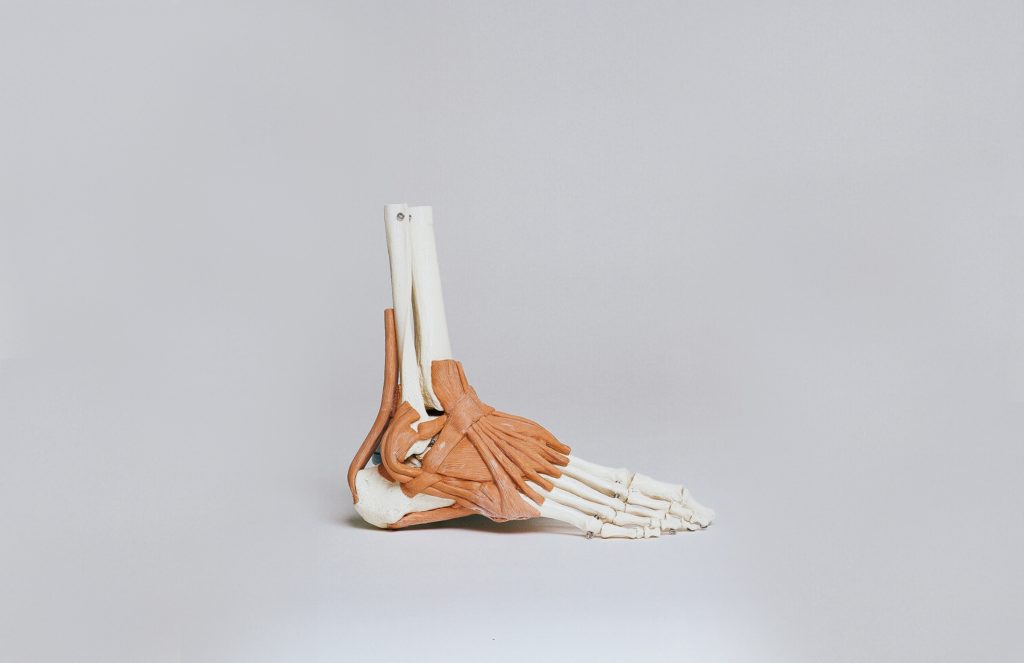New research from the University of Oxford has shown that platelet rich plasma (PRP) is not effective in treating acute Achilles tendon ruptures.

The Achilles tendon is the most common tendon rupture treated in hospitals. Patients face long periods unable to work or participate in sport as healing and recovery are slow.
With PRP therapy, a concentrate of the patient’s own blood containing high levels of platelets and growth factors important for healing, is injected into the Achilles injury site. There have been promising signs from laboratory research that PRP could improve healing. Its popularity has already grown in sports and orthopaedic medicine and notably in high-profile athletes.
However, the researchers from the Nuffield Department of Orthopaedics, Rheumatology and Musculoskeletal Sciences (NDORMS) in a carefully controlled study found no evidence that PRP injections improved muscle-tendon function or the patients’ quality of life after this injury.
It was a multi-centre randomised placebo-controlled trial, the first robust study investigating whether PRP would improve recovery. Participants and assessors were blind to the treatment they had received.
Dr David Keene, a lead author of the BMJ report, said: “After many years of careful development, trialling and evaluation, the PATH-2 trial results showed that when subjected to robust evaluation, there was no evidence of patient benefit from injecting high quality PRP for acute Achilles tendon ruptures.”
Prof Keith Willett, the Chief Investigator for the PATH-2 research programme said: “We aim to provide the best care possible to patients, underpinned by excellent research. This is an important negative finding. The clinical community now needs to determine whether the use of PRP for other injuries and conditions is justified and, for the torn Achilles tendon, focus on other therapies.”
The PATH-2 trial was funded by the Efficacy and Mechanism Evaluation programme, a Medical Research Council (MRC) and National Institute for Health Research (NIHR) partnership and supported by the NIHR Oxford Biomedical Research Centre, was published in the BMJ on 20 November.
In the study, 230 adult patients with non-surgical management of an Achilles rupture were randomised – half having an injection of PRP, the rest having a dry needle inserted as a placebo. All the patients received standard rehabilitation care, consisting of ankle immobilisation, followed by physiotherapy. The final assessment was carried out after 24 weeks.
The main finding was that there was no difference in the amount of work the injured calf muscle and tendon could generate with or without PRP. There was also no difference in levels of pain, symptoms and physical function, or other patient-reported outcomes between the two groups throughout the study.